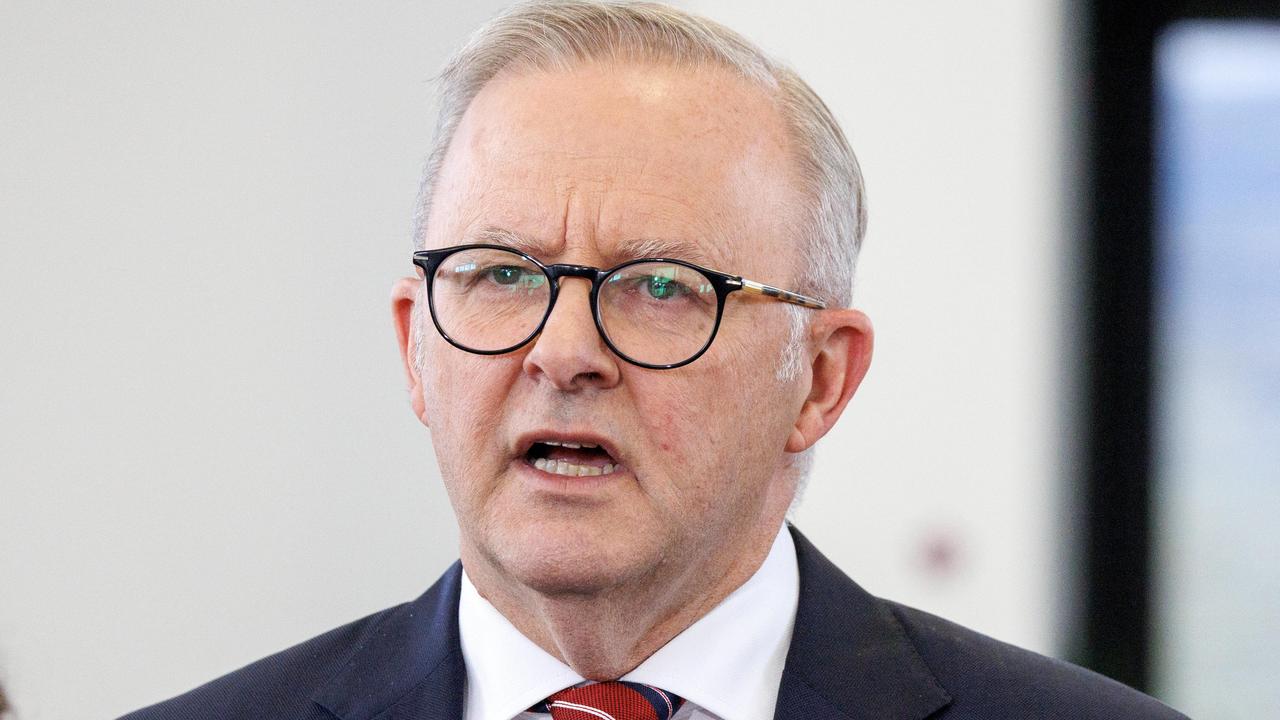Werribee by-election set to be a test for Allan government
The Werribee by-election will be telling in many ways and could signal what’s to come at next year’s general election.
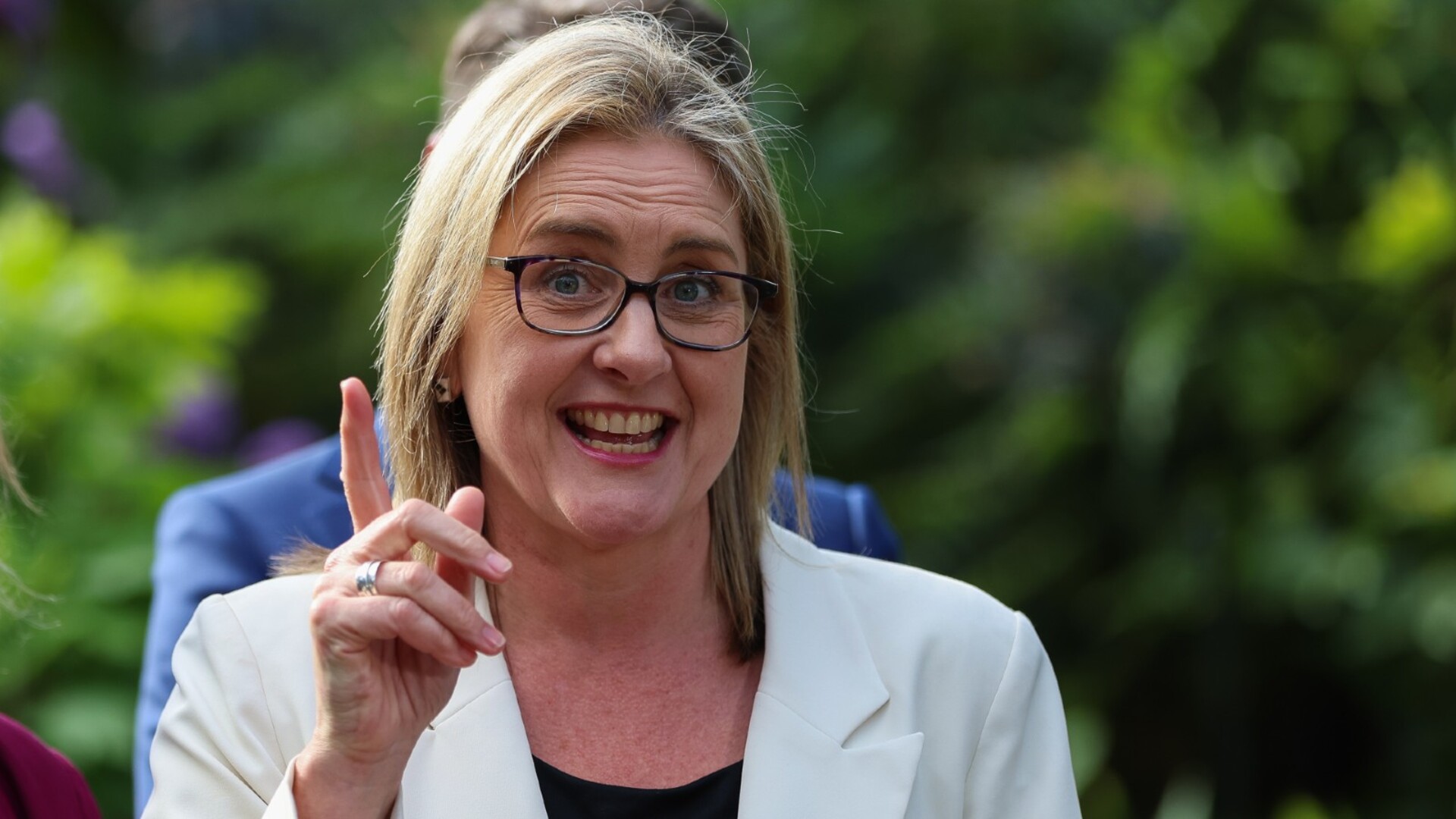
Opinion
Don't miss out on the headlines from Opinion. Followed categories will be added to My News.
Beware a political mutiny in Melbourne’s wild west.
That’s the message reverberating inside Victorian Labor this week as it looks ahead to Saturday’s Werribee by-election.
If voter eagerness is any indication, the Allan government is in for a battering that would end 46 years of Labor tradition in a heartland electorate.
People in Werribee have literally been rushing to vote.
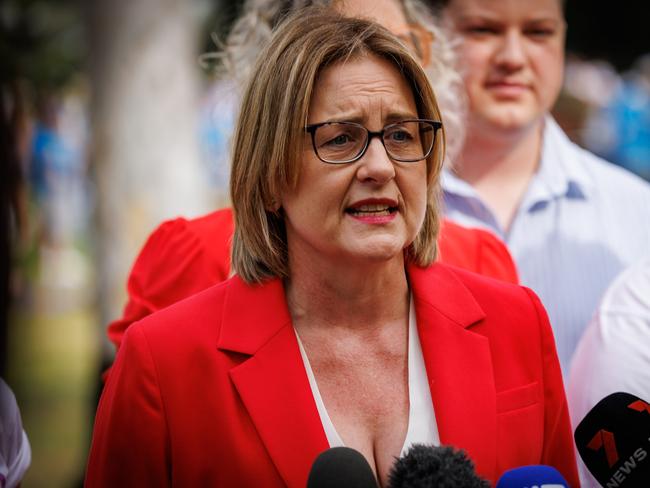
In just the first two days of early voting last week 4343 people cast their votes – that’s almost 8 per cent of all registered voters.
It’s a staggering number when you consider that at the most recent Victorian by-election, in Mulgrave, 2547 voted early over the same period.
In Prahran, where voters also go to the polls on Saturday, just 2200 people have voted early – a tad over 4 per cent of registered voters.
Such voter enthusiasm in Werribee is ominous for the government.
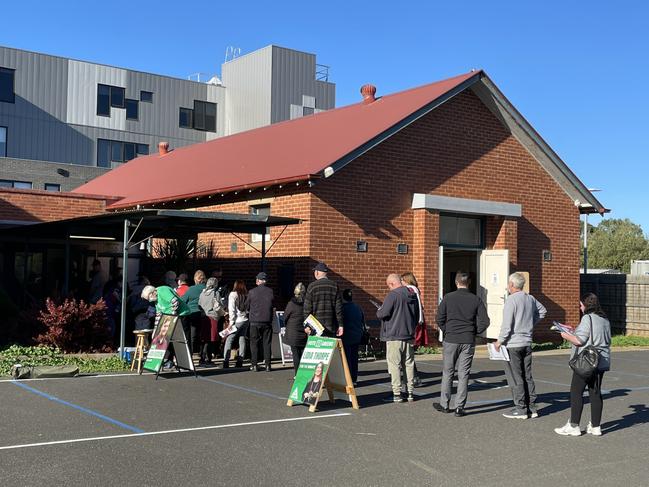
For years now pollsters and pundits have been warning that Labor has been losing its way in the west.
The disproportionate impact that the Covid lockdowns had on the higher proportion of casual workers there hit hard.
And years of neglecting critical local infrastructure has made voters feel ignored.
The West Gate Tunnel project, complete with billion-dollar blowouts and a contaminated soil crisis, has angered many. A recent commitment to finally deliver the much-needed $333m Werribee Main Road and Princes Freeway Interchange Upgrade might be too little too late.
Tim Pallas had 11 years to build the road and fight for the electorate he chose not to live in.
All of a sudden as Labor’s primary vote plummets to a jaw-dropping (and potentially fatal) 22 per cent, this project is a priority. So cravenly political.
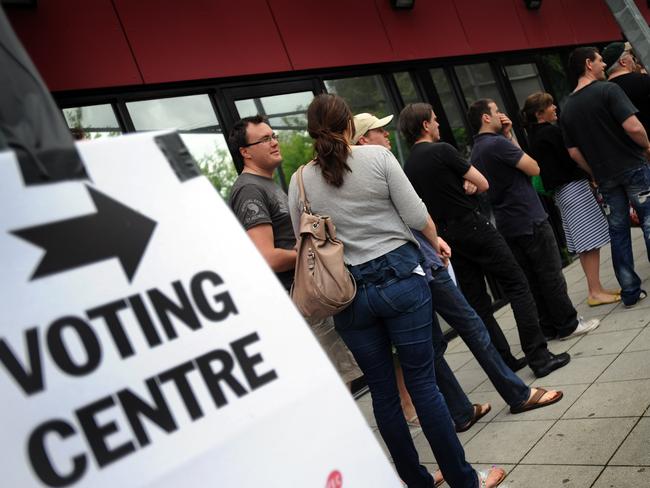
Without the fear of serious consequences, like Labor being booted from government, left-wing diehards in Werribee can park a protest vote with anyone other than Labor on Saturday to send a strong message to the government.
It would be a stunning vote of no confidence after 11 years in power, and could signal what’s to come at next year’s general election.
During the last term of the Kennett government he copped a 16 per cent swing in the Gippsland by-election, losing the seat to an independent.
Kennett also suffered a 23 per cent swing in the Mitcham by-election, handing it to Labor with a 16 per cent two-party preferred swing.
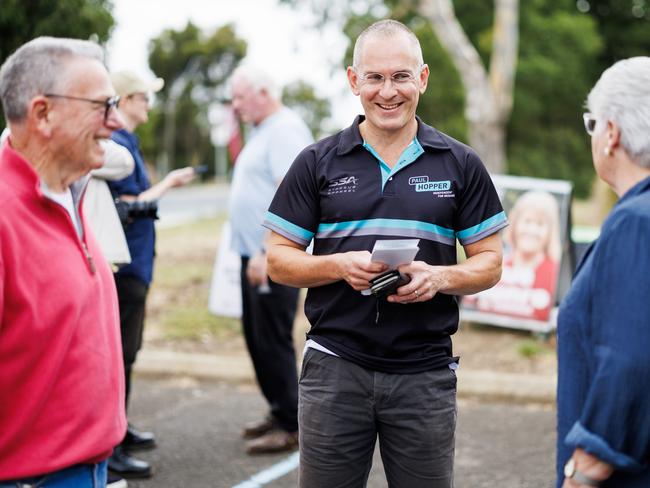
He went on to lose the seemingly unlosable election in 1999.
In the last term of the Bracks-Brumby government, Labor lost 16 per cent of its two-party preferred vote at the Kororoit by-election.
And former minister Jill Hennessy lost 13 per cent from her primary vote in the Altona by-election.
The seat didn’t change hands, but it was a sign of things to come for Labor, which was felled at the 2010 election.
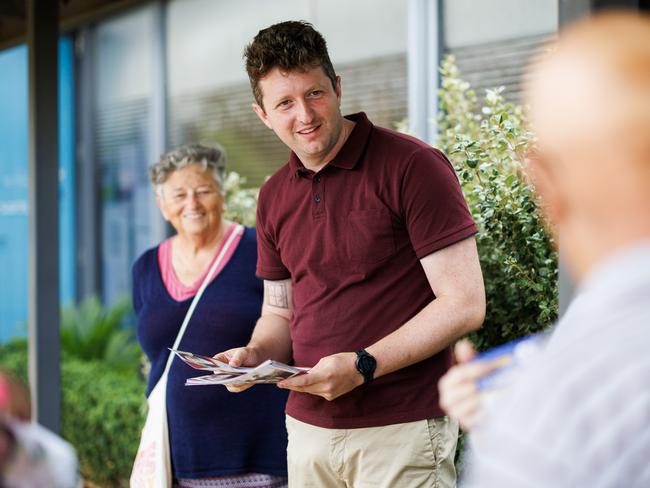
Labor holds Werribee with a 10.9 per cent margin, so swings in the realm of those historic examples would be enough for the seat to change hands.
Underestimating the propensity of Labor diehards to jump ship would be a huge mistake: Pallas’s primary vote fell 11 points, from 56 to 45, during his time.
But if Werribee is a test for Allan and Labor, it’s every bit as much a test for new Opposition Leader Brad Battin and his Liberals.
Which is why their candidate, Steve Murphy, is a surprise pick.
As candidates go, a 63-year-old bloke who lives 40km outside of the electorate hardly screams political preparedness.
The party has long battled with poor campaign infrastructure leading to lacklustre, ill-timed preselection processes. Liberal Party sources say funding constraints and apathy, particularly in the west, are to blame.
But it is precisely in these areas Battin needs to win seats if he wants to form government next year.
Allan and her team might be on the nose, but Battin still faces the herculean task of winning 17 seats.
Sure, it’s been done before, but Labor has embedded such strong margins in so many electorates that Battin’s task is huge.
The party’s inability to seriously engage with multicultural communities (like in Werribee), Middle Australia and millennials was blamed for its 2022 drubbing.
It failed to gain ground in Melbourne’s east and southeast where it had imagined its road to recovery.
In the west, despite big swings against the government, it just could not bridge well-entrenched margins in Labor’s heartland.
Critics of the Liberal Party process argued that planning for the 2026 election should have started on the day of the failed 2022 poll.
Murphy’s preselection, weeks after Labor had announced its candidate, suggests it wasn’t. And that’s not his fault – all reports are that his campaigning efforts have been stellar.
But it speaks to a broader problem within the party that if not addressed may cause it problems in 2026.
Originally published as Werribee by-election set to be a test for Allan government




